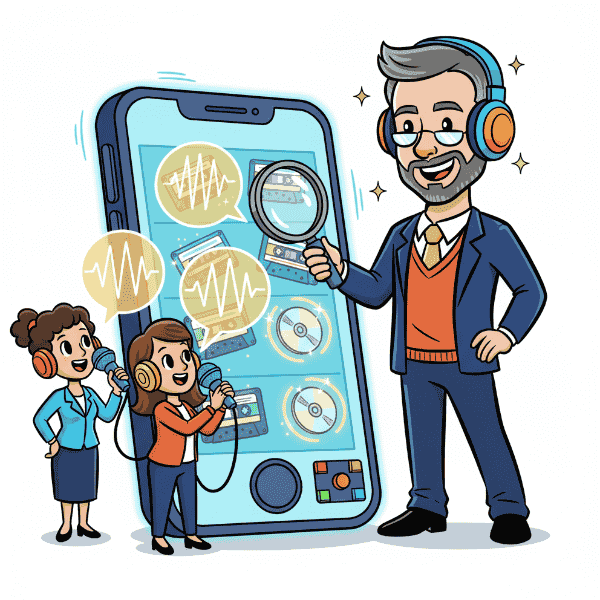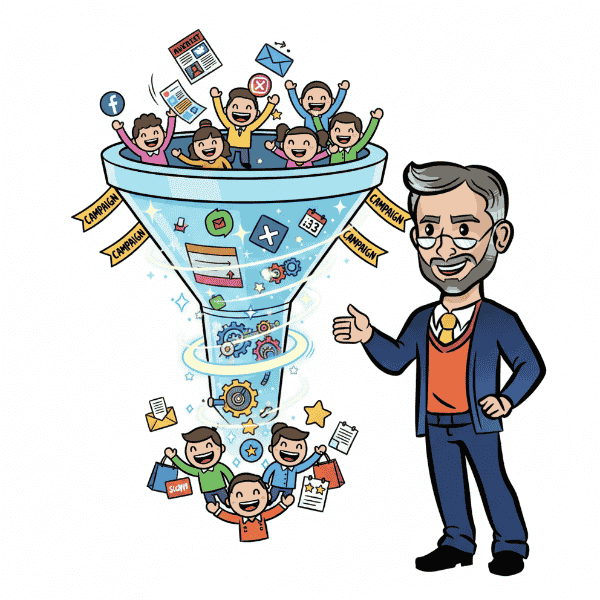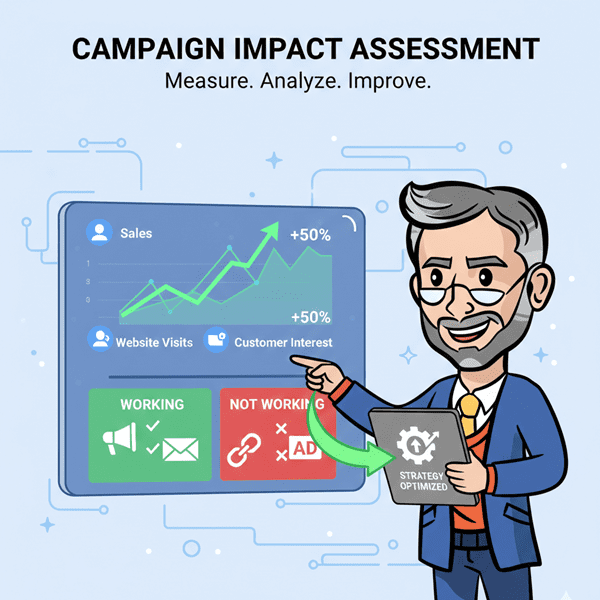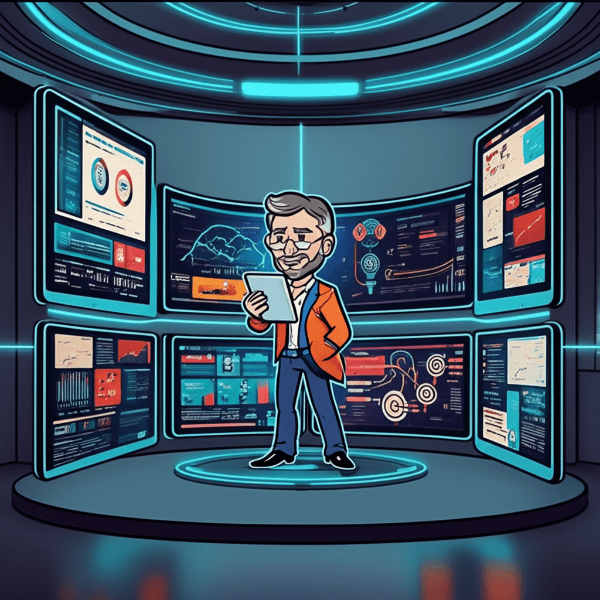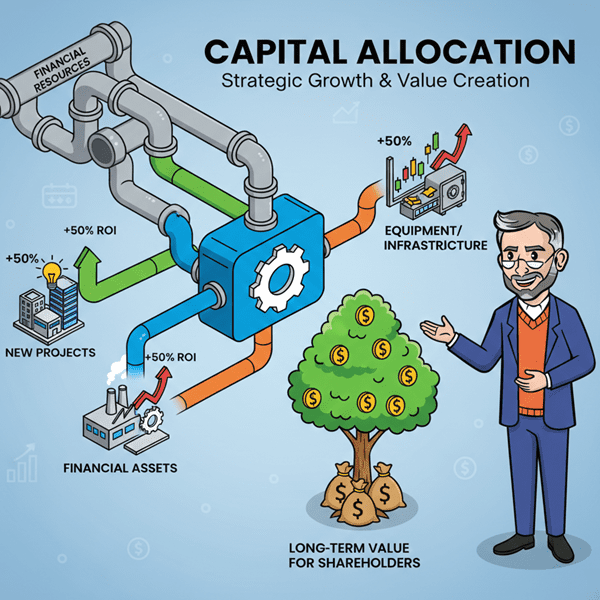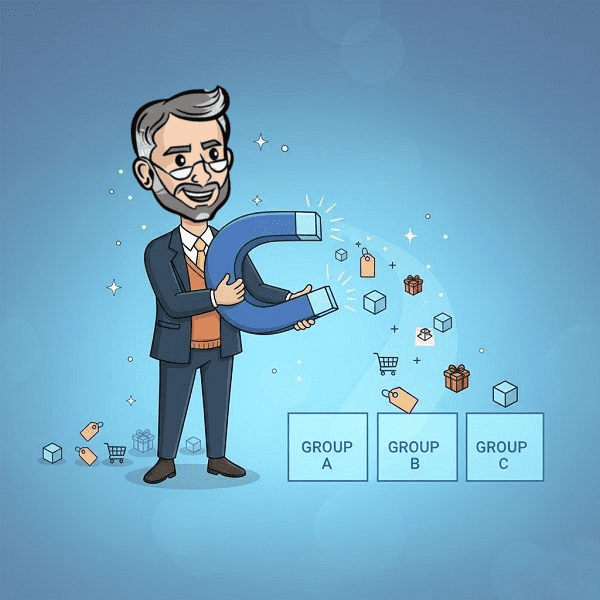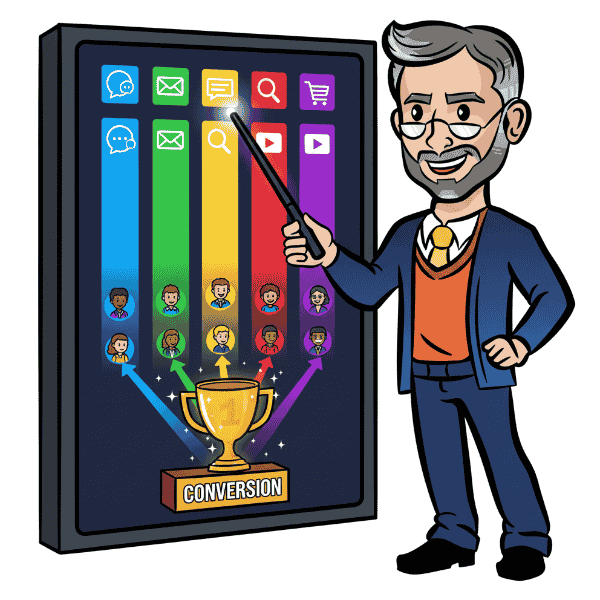Definition: A customer loyalty program is a marketing strategy that rewards repeat customers with perks such as discounts, points, exclusive offers, or freebies. The goal is to encourage repeat purchases, strengthen brand loyalty, and increase customer lifetime value. Loyalty programs can be points-based, tiered, subscription-style, or experiential, depending on the brand and audience.
Use it in a Sentence: The coffee shop introduced a customer loyalty program that offered a free drink after every ten purchases.
Why a Customer Loyalty Program is Important
1. Boosts Retention
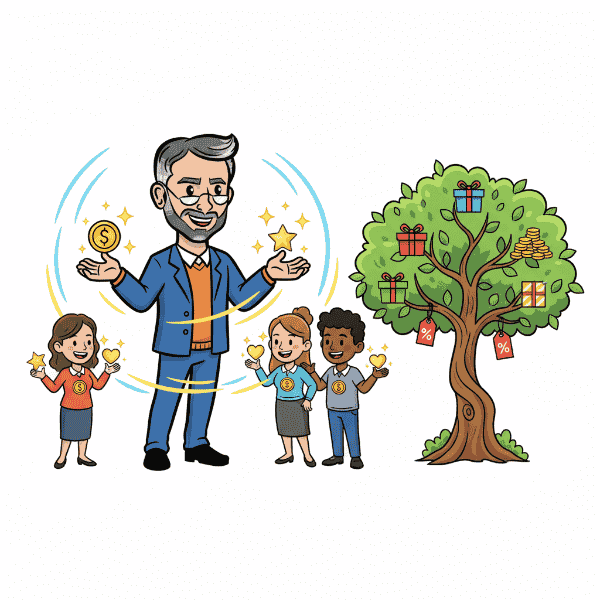
Loyalty programs give customers a reason to keep coming back instead of switching to competitors.
2. Increases Revenue
Repeat customers tend to spend more, and rewards encourage them to make additional purchases.
3. Builds Stronger Relationships
Personalised rewards and recognition make customers feel valued, strengthening their bond with the brand.
4. Provides Valuable Data
Customer loyalty programs track purchase behaviour, helping businesses better understand and serve their audience.
From Rewards to Relationships
A customer loyalty program does more than drive sales—it builds lasting connections. By rewarding loyalty, businesses create advocates who stick around and spread the word.
More Definitions
- Client Engagement: The interactions and relationship-building efforts that keep clients actively involved with a brand.
- Client Acquisition: The process of attracting and securing new clients for a business.
- Client Loyalty Programs: Reward systems designed to retain clients and encourage repeat business.
- Buyer Persona: A semi-fictional representation of an ideal customer based on data and insights.
- Customer Churn: The rate at which customers stop doing business with a company over a set period.
Useful Posts
- Growth Consulting Guide for Sales & Marketing Leaders: A resource that helps leaders use expert consulting to boost sales performance, refine marketing strategies, and drive sustainable business growth.







